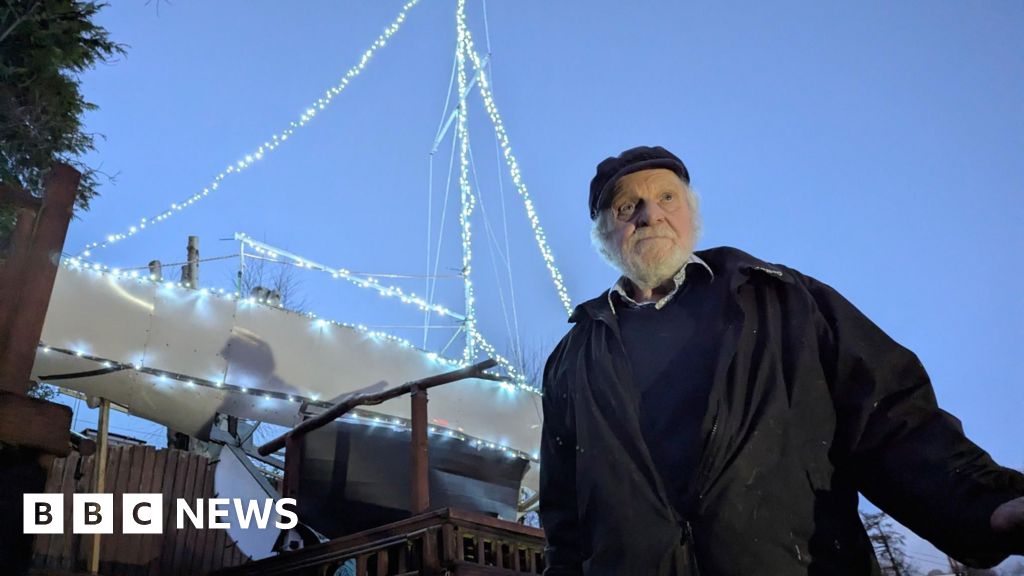Olympics|The Quiet Collaboration Between Paralympic Athletes and Their Assistants
https://www.nytimes.com/2024/09/02/world/olympics/paralympics-guides-assistants.html
You have a preview view of this article while we are checking your access. When we have confirmed access, the full article content will load.
For competition partners who share the mutual goal of winning medals, eye contact or a simple touch can be all the communication that’s needed.

Sept. 2, 2024, 5:04 a.m. ET
In the 22 Paralympic sports in which athletes compete alongside a guide or assistant, successful collaborations are often marked by their quiet.
“During the race we try not to speak so much, just as strictly necessary,” Jerusa Geber dos Santos of Brazil said of her relationship with her guide, Gabriel Garcia. Geber dos Santos, 42, who became blind in her teens, holds the women’s world record in the 100-meter dash (11.83 seconds) in a classification of athletes who are blind or nearly so.
When she competes alongside Garcia, 26, he runs to her left holding a short tether in his right hand while she holds the other end in her left. If they have started well, he matches her strides with the opposite foot and doesn’t need to alert her to a competitor’s pace.
“There is really harmony and synchrony between Gabriel and me,” she said. It’s important that they remain connected through the finish line: An Australian distance runner was stripped of a bronze medal on Saturday because he let go of the tether too early.
The role of Paralympic guide, mainly in classifications of severe vision loss and mobile impairment, is governed by just a few restrictions across sports to ensure that the athletes are in charge. But while the Paralympians are not allowed to gain a competitive advantage from their guides, the supporting athletes can, and often do, contribute in ways that extend beyond the field of play. Able-bodied track guides sometimes help runners pick out the design of the blindfold they’ll compete in (to ensure all competitors have the same visual restriction). And a pilot in a cycling tandem may break up the monotony of training days by taking a blind athlete on the open road instead of a closed track.
Since 2012, guides in most assisted Paralympic sports have received medals alongside the athletes they support. But the relationship between athlete and assistant can extend beyond a technical connection into something more personal and deeply reciprocal.

.png) 3 months ago
23
3 months ago
23










